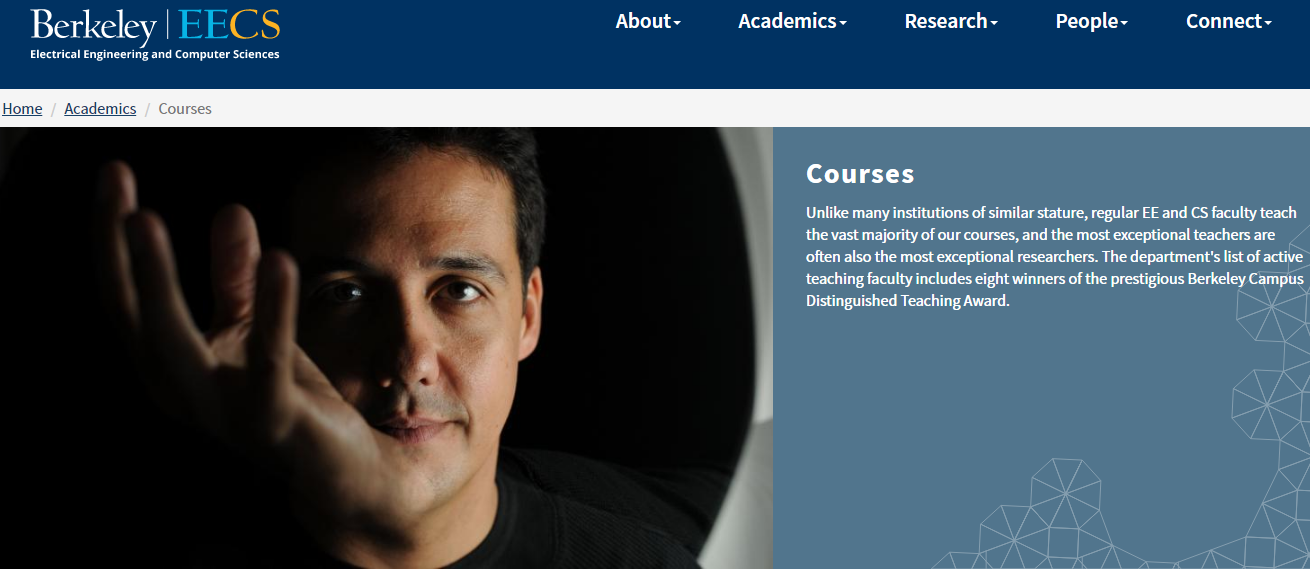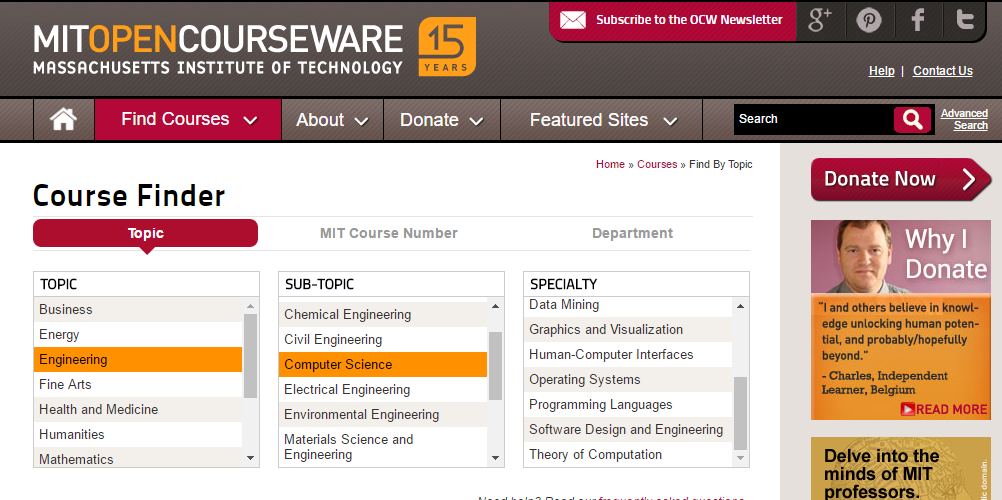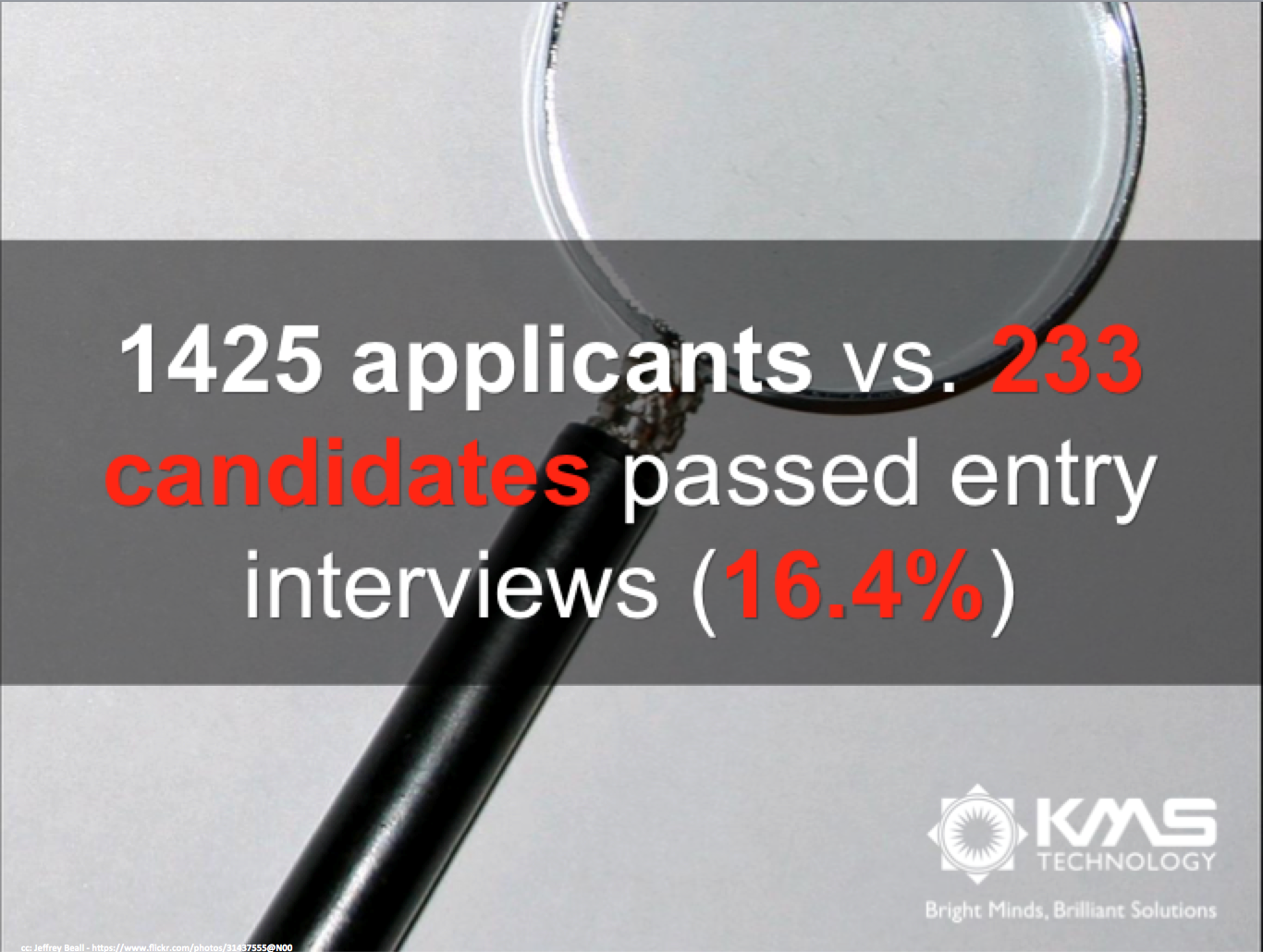5 Things You Need To Demonstrate To Succeed In A Job Interview
The key question of the survey to KMS interviewers was “What are the top things the interviewers would look for from successful candidates?” And by sharing the findings, hopefully it can help the applicants to have a better chance to succeed in a job interview. Here are the top 5 things to guarantee success for candidates:
Solid background knowledge
Success in a job interview starts with a solid foundation of IT knowledge that you’ve learned from your degree. The interviewers understand that a limited time of 4 years is not sufficient to gain enough experiences that the industry demands from an IT profession. And here is what they would look for:
- They may start with your academic performance. A great academic report is a good sign of your potential to every recruiters & interviewer. Yet, grades can’t tell everything.
- They would look for more on the knowledge side. For example, if you are applying for a programmer position, you should demonstrate a deep understanding of at least one programming language (such as C#, Java ,…) You often would get questions about syntax, techniques, API… Strong programming skills are the foundation of any good programmer, don’t you agree?
- Besides that, a programmer also needs to have good knowledge of data structures, object-oriented programming principles, design patterns, algorithms that would be required to write great code / program.
A difficult part of career planning is finding out what is required for your future job or career. Thanks to the Internet, you can now just Google it. And you will know exactly the knowledge areas required for your career. Read it carefully and start building your own plan to fulfill all requirements, during your university time. And you’ll be ready for succeeding the interviews. Do remember that if you don’t find that knowledge in your university program, you can always find it on the Internet. Nowadays, many practical programming courses are being offered for free in those top technical schools in the world
 |
Berkeley Programming Course |
 |
MIT Open Coursewarehttps://ocw.mit.edu/courses/find-by-topic/#cat=engineering&subcat=computerscience |
Demonstration of critical & logical thinking
Assume that you’ve already had a good background knowledge for the position you are applying for, the important thing is being able to use that knowledge to solve the real problems or to link the application of that knowledge to the real problems that the interviewers will throw at you. Interviewers are looking for good logic thinking and smart answer. They would like to see if you can apply your fundamental knowledge to solve real-world business problems. Unfortunately, many IT students are not having a big picture of how the technology would fit into this world, to help people solving issues.
Remember that technology for its own sake is just pure technical stuff. What beautiful is that technology can help automate a lot of the things to make our lives easier. And you should see that from the root of how to bring technology into application in real life. That’s the ultimate goal of software engineers. And that’s critical. Don’t separate technology from this very life.
Interviewers will need to see your rationale in applying and linking your knowledge into real problems. That would show how well you can work in the field. And sometimes, the act of showing interviewees’ process of thinking is much more important than giving the final correct answer. Interviewers can learn a lot from your thinking process, where you would show your critical and logical thinking.
An example of questions you may want to get is to select between two programming languages for a specific Windows application. There may not be the right or the wrong answer. But through your explanation of which one would you choose and why, people can see a lot.
Possessing good soft skills
Why would soft skill be important for the success in a job interview? Although it’s necessary to have the desired knowledge and experience in order to qualify for the position, ability to collaborate and listen to others are also important. Your soft skills’ levels would be reflected through the way you interact with others, especially with the interviewers. Today, many soft skills have been taught in many IT schools. Teamwork, presentation, persuasion, … are a few considered to be soft skills. And it would require a lot of time to master all the necessary soft skills you need in your career. However, as a new graduate, 2 skills you really need to demonstrate are listening and communication skill, in the interview. In addition, you will need to keep an open-minded attitude underneath.
- Listening is for you to learn about the question and understand correctly about what is being asked, before giving an answer. If you don’t listen well, you may try to answer one thing that is not what the interviewers would look for. Obviously, it is a lose-lose situation for both. You definitely don’t want to be in that situation, neither the interviewer.
- Communication is about the way you interact with the interviewers to exchange for information which is usually to address the problems that the interviewers want to hear your thoughts of how you solve it. Depending on how you respond, how you articulate your thoughts, it can either convince the interviewers that you are good in solving it or not. Furthermore, your determined, clear communication style would earn trust from the interviewers as well. And this is critical. You don’t have a lot of time to interact with the interviewers. But if you don’t earn their trust, it’s hard for them to give you a “passed” for the result.
- And be sure to keep an open-minded attitude. Why? Whether you pass or fail the interview, it’s always good to learn from this experience. Failing an interview doesn’t mean to end of your career or whatsoever. Therefore, take the chance to learn: learn from the situation, learn from what the interviewers would share and recommend you, learn how you can be more confident and handle better in another the interview if you have to do so. Don’t hesitate to ask the interviewer “What else can I do to satisfy the job requirement?” This is a great way to understand the expectations for the position, and what specific area that you may need to invest more time and effort to develop your career.
Another point worth noting is that once you come in the interview room, it’s natural that you would become nervous. Everyone would get that. Be aware of it and make sure it lasts for 5 minutes or so only. Otherwise, it would prevent you from listening and communicating well. Before the interviewing session, you may want to stand in front of the mirror, imitate some confident gesture and talk to yourself that you’re confident to participate in the interview. It helps many times. Another tip is that whenever you feel confused and nervous, you may want to pause and take a sip of water (bring the water bottle with you). It would give you a little more time to calm down and think.s It is also acceptable for a difficult question that you let the interviewers know you will need a bit more time to think thoroughly, before getting back to them the answer.
Passion
Many IT students pay too much attention to show up their inventory of skills but they forget to really show the interviewer their passion for the job. For a successful interview, you will need to somehow tell or show the interviewer the reason why you love to do the job. At the end of the day, the company can only train you to do the job, but they can’t train you to love it. And I bet you would never last more than 2-3 years on the job if you don’t have enough passion.
Unless you don’t have the real passion for the job, it is not hard to show them.
- Career picking is one example. Don’t be like this in the interview: “I have minimal experience; I lack practical knowledge so I will take whatever the position the company needs me to do.” Instead, think thoroughly about a career that you think you commit (programmer or tester for the beginner). And think more. If you want to become a programmer, what kind of technology stack that you want to go with. And give it a great reason. The more you can articulate about why you choose it to be that way, the better you can show the interviewers about your thought process, which would link to your passion of who you want to be.
- Career plan for the next 6-12 month. Whether you believe it or not, you are very early in your career. Things are changing and once you look back to what you plan earlier,you may laugh hard at it as it won’t go the way you want anyway. The interviewers are aware of that. So, why do they want to hear about your career plan? In fact, the interviewers want to see your thought and want to see if it’s deep enough that you love what you are going to do.
- Explore more than what your lecturers asked at the school. Most of the passionate IT students are not only aware of theory but frequently go beyond the theory. For example, if he loves Java programming, he may want to see by himself how Java bytecode looks like. Or once he’s working on networking protocol, he may want to see what an HTTP request or response is like, or how to capture them… It’s not because his lecturers ask him to do, but it’s because he’s curious and eager to learn more about it. Do you see yourself like this? If so, you can share with the interviewers. It tells a lot about you.
- Get real experience, even once you are still in the school. Many IT students believe that they cannot gain working experiences while studying their degree. They are just simply not correct about it. Thanks to the open source community, it offers the great chance to passionate IT students to work on real world projects. Pick one system that fits your interest and do a few things. Access the source code and read. Learn and see if you can understand from top to bottom. If you can do so, it shows a lot and actually you have learned a lot. That’s already a great achievement and a strong evidence to convince every interviewer about your passion. It would be even better if you could contribute your own source code into that open source software and be accepted by the community. If you could do that, I strongly believe that any IT companies would love to offer a job for you.
- Read and read a lot about what you love to do. Once Warren Buffett (one of the most successful and richest men in the world) was asked about the key to success, his answer is to establish a reading habit and enjoyment of reading in the busy and hyper-connected lives. It’s applicable for any career including IT. Students who would like to build a success IT career have to build themselves to become good readers. If you want to become a great programmer, read books about the programming language, design pattern, architecture, software engineering process, … If you can’t read books, find the best programmers who write blogs and read their blogs. Find and read the most famous forums in your field. It’s never enough to read and learn from your reading. And it would tell a lot about you, if you can tell the interviewers about which books you have read and what good about them.
English
One of the top reasons why candidates could not pass the entrance interview at KMS is English. Almost 100% of KMS clients are US companies, so our employees must be comfortable communicating in English in every manner of our working environment. In addition, at KMS, there are many opportunities to go on-site and work directly with our customers in every year. Preparing for English skill is also critical to seize the opportunity, gain new experiences and build up your career ladder. Nevertheless, you would have to agree with me that most of the incredible sources of knowledge for software and IT are in English. Therefore, that is quite mandated for IT people to be good in English, I would say.
From the beginning, it’s not necessary for you to be a great English user. It’s more important that you are a non-stop English learner. While listening and speaking skill is harder to master, be sure you are efficient at reading and writing skill.
In brief, the 5 critical things to demonstrate to succeed in a job interview that I would recommend to you are knowledge, critical & logical thinking, soft skill, passion, and English. The beauty is that once you go further in your career, it is about these same five things, which continue to help you advance in your career in a solid and thriving way. Good luck.







